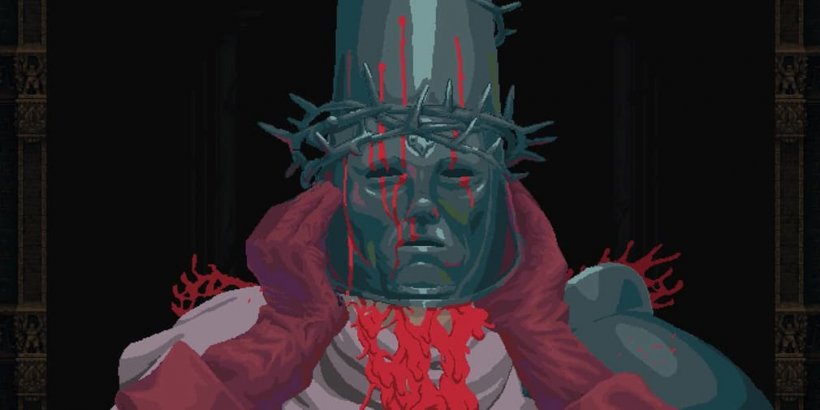Famicom Detective Club Sequel Unveiled With Intriguing Murder Thriller
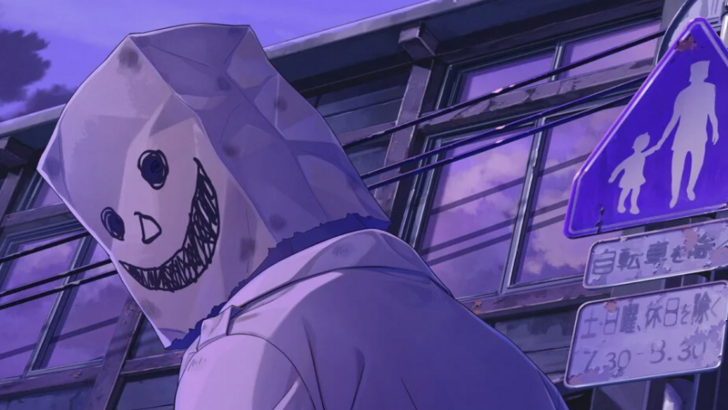 Nintendo's latest entry in the Famicom Detective Club series, "Emio, the Smiling Man," has sparked mixed reactions. Producer Sakamoto positions it as the culmination of the series.
Nintendo's latest entry in the Famicom Detective Club series, "Emio, the Smiling Man," has sparked mixed reactions. Producer Sakamoto positions it as the culmination of the series.
Famicom Detective Club Returns After Three Decades
The original Famicom Detective Club games, released in the late 1980s, captivated players with their murder mysteries set in rural Japan. "Emio – The Smiling Man: Famicom Detective Club" continues this tradition, placing players in the role of assistant detectives at the Utsugi Detective Agency. The case? A series of murders linked to the infamous Emio, the Smiling Man.
Launching globally on August 29th, 2024, for Nintendo Switch, this marks the first new Famicom Detective Club title in 35 years. A prior cryptic trailer hinted at the game's darker tone.
The game's synopsis reveals a chilling discovery: a student found dead, his head covered with a smiley-faced paper bag—a signature of the elusive Emio, whose legend speaks of granting victims "a smile that will last forever."
 Players investigate the murder of Eisuke Sasaki, uncovering clues linked to cold cases. They'll interview classmates, examine crime scenes, and search for hidden evidence.
Players investigate the murder of Eisuke Sasaki, uncovering clues linked to cold cases. They'll interview classmates, examine crime scenes, and search for hidden evidence.
Ayumi Tachibana, a skilled interrogator from the original games, assists the player. Shunsuke Utsugi, the agency director, also plays a key role, having worked on similar unsolved cases 18 years prior.
A Divided Fanbase
Nintendo's initial teaser generated significant buzz, its darker tone contrasting with the company's typically family-friendly image. While some fans correctly predicted the game's nature, others expressed disappointment, particularly those who preferred different genres. Social media saw humorous reactions from players surprised by the visual novel format.
Exploring Diverse Mystery Themes
Producer Yoshio Sakamoto, in a recent YouTube video, discussed the series' origins, drawing parallels to the cinematic experience of solving a mystery. The original games, remade for Switch in 2021, inspired the creation of this new installment.
Sakamoto cited horror filmmaker Dario Argento as an influence, particularly Argento's use of music and editing in "Deep Red," which inspired "The Girl Who Stands Behind." Composer Kenji Yamamoto detailed the creation of the latter game's chilling final scene.
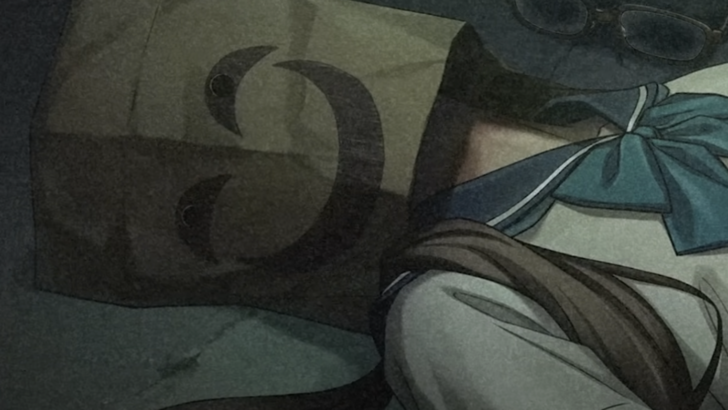 Emio, the Smiling Man, is a new urban legend specifically created for the game. Sakamoto aims to deliver a thrilling experience centered on uncovering the truth behind this legend. Previous installments explored themes of superstition and ghost stories.
Emio, the Smiling Man, is a new urban legend specifically created for the game. Sakamoto aims to deliver a thrilling experience centered on uncovering the truth behind this legend. Previous installments explored themes of superstition and ghost stories.
"The Missing Heir" featured a village curse connected to serial killings, while "The Girl Who Stands Behind" involved a ghost story linked to a murder.
A Product of Creative Freedom
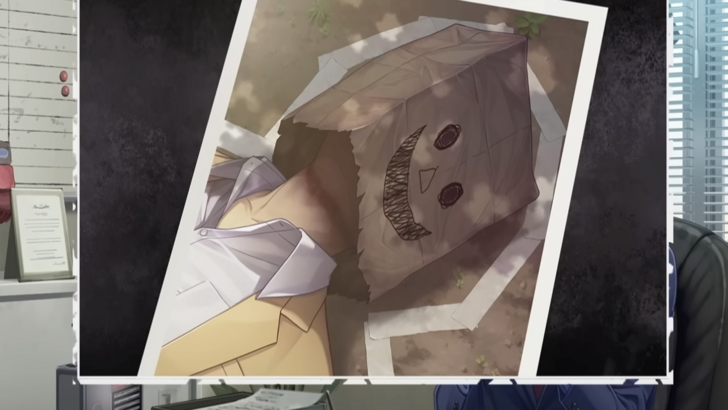 Sakamoto has described the creative freedom afforded to the team during development, emphasizing Nintendo's hands-off approach. The original games received positive critical reception, achieving a 74/100 Metacritic score.
Sakamoto has described the creative freedom afforded to the team during development, emphasizing Nintendo's hands-off approach. The original games received positive critical reception, achieving a 74/100 Metacritic score.
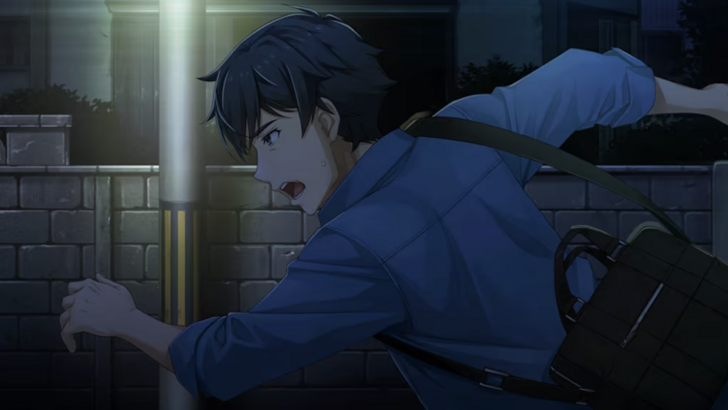 Sakamoto describes "Emio — The Smiling Man" as the culmination of the team's experience, promising a compelling narrative and striking visuals. He anticipates a divisive ending, hoping to spark lasting discussion among players.
Sakamoto describes "Emio — The Smiling Man" as the culmination of the team's experience, promising a compelling narrative and striking visuals. He anticipates a divisive ending, hoping to spark lasting discussion among players.
-
With Death Stranding 2: On the Beach now complete, Hideo Kojima is focusing on the Xbox-published OD, a project he once called "a game I have always wanted to make."In a discussion with Ssense, Kojima looked back on the development and reception of DAuthor : Julian Dec 27,2025
-
Junkyard Rush Racing is the latest automotive adventure from Istom Games, delivering the raw, Southern-inspired thrill of reckless racing. Drawing inspiration from the daring exploits of 'Dukes of Hazzard,' every race is an opportunity to claim yourAuthor : Savannah Dec 27,2025
- STALKER 2: Heart of Chornobyl - All Endings (& How to Get Them)
- Steampunk RPG Eldgear Unveiled by KEMCO
- NYT Hints and Answers: Guide to January 10, 2025
- Metaphor: ReFantazio - Complete Bond Guide
- Discover the Artifacts in Stalker 2: Locations and Acquisition
- Mushroom Go! Unleashes Co-op Dungeon Adventure for Fungi Fans






















